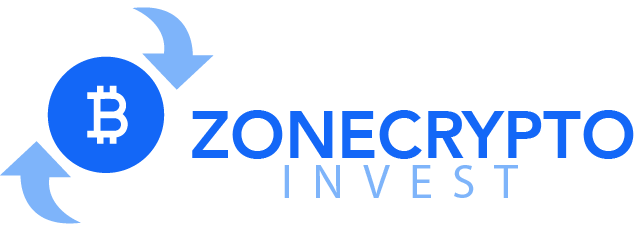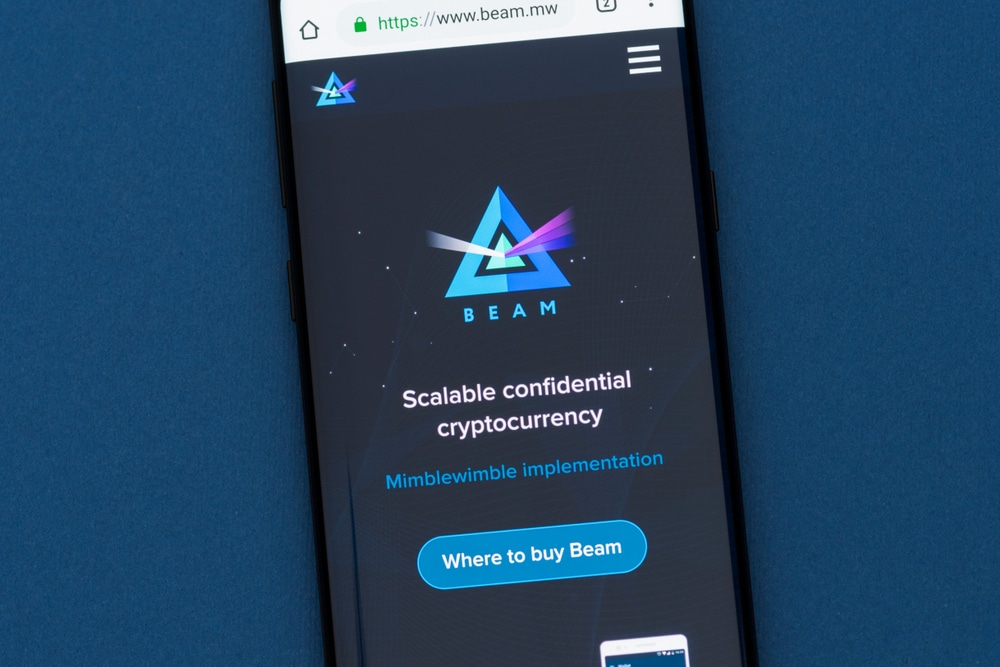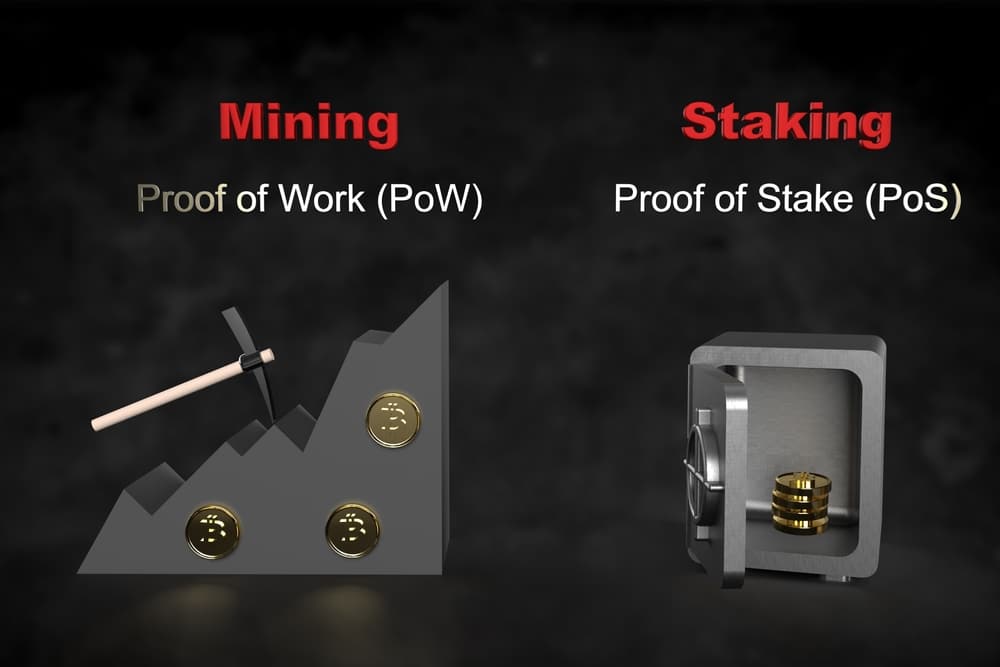A Comprehensive Explanation to Understand Delegated Proof-of-stake (DPoS)

Understanding Delegated Proof-of-stake (DPoS)
Blockchain technology has changed how people perceive and handle digital transactions, mainly via its consensus mechanism and decentralized nature. The mechanism’s main aim is to eliminate central gatekeeping in handling a blockchain’s record of data and transactions.
DPoS is a mechanism that has acquired fame and is a variation of the typical proof-of-stake (PoS) mechanism. The concept was unveiled in 2014 by Daniel Larimer as an improvement to the conventional proof-of-stake consensus mechanism, seeking to boost scalability and efficacy.
Larimer initially shared his vision in a Bitcoin forum post, which resulted in the practical execution of the DPoS with BitShares’s unveiling in 2015.
Understanding DPoS Unique Features from Other Consensus Mechanisms
The DPoS system allows the network users hold votes towards delegating the rights to validate the block to a particular group of block generators or witnesses. The democratic process addresses restrictions of the conventional PoS algorithm by ensuring that the ability to authorize transactions is distributed among elected representatives instead of being in the hands of a few rich stakeholders.
This means that, unlike conventional PoS, which involves direct validation of transactions by stakeholders, DPoS permits token holders to pick delegates responsible for legalizing blocks. Besides, DPoS can enhance the blockchain validation process, resulting in quicker transaction confirmation times.
DPoS Functions Explained
DPoS improves the conventional POS system by integrating an election mechanism where network participants vote to pick delegates responsible for confirming and generating blocks. This process entails four main participants, including:
Voters
In a DPoS system, each participant holding even the tiniest amount of the native token can become a voter. Voters are important in the network’s governance since they elect delegates and witnesses who participate in decision-making processes via governance proposals.
Voters can opt to cast their votes or delegate their voting rights to other people. Their main task entails picking witnesses or block producers since the entities are directly involved in block generation.
Witnesses (Block Producers)
These are nodes elected by stakeholders to authenticate transactions and generate new blocks. The entities are critical to a blockchain’s operations since they ensure the correctness and integrity of transaction information.
Witnesses acquire block rewards upon the verification of transactions. Witnesses who do not authenticate transactions within the selected time miss the block and lose the reward.
Delegates
Voters elect delegates to supervise governance functions in DPoS. Unlike witnesses, delegates are tasked with suggesting improvements and alterations to the network.
After a delegate suggests a proposal, the network participants should vote it on before implementation. The delegates’ role entails facilitating and proposing improvements subject to community sanction.
Validators
These full nodes confirm if blocks generated by witnesses comply with the consensus guidelines. Any user can become a validator, and there is no direct financial incentive to execute this role.
Understanding Incentives and Governance Mechanisms in DPoS
The continuous voting process and the capability to substitute underperforming or malevolent actors contribute to a resilient and dynamic governance model.
Benefits of DPoS
DPoS allows people with native tokens to participate in the voting process and become a delegate. The low entry barrier ensures a more inclusive network where a wider range of participants can be part of the consensus mechanism.
DPoS limits the number of delegates responsible for block production, leading to a quicker consensus that translates to higher transaction throughput and enhanced network performance.
DPoS limitations
A major concern is the potential for centralization. Despite DPoS seeking to decentralize decision-making, it can unintentionally concentrate power in the hands of a few delegates.
DPoS needs a high level of voter awareness and engagement. For the system to function effectively, voters should be adequately informed concerning the candidates and their performance. Nevertheless, smaller stakeholders may feel their votes are unimportant and opt not to participate.
The reliance on a restricted number of delegates evokes security concerns. If most delegates conspire or act malevolently, they can execute a 51% attack, affecting the network’s stability and security.
Final Thoughts
The democratic process addresses restrictions of the conventional PoS algorithm by ensuring that the ability to authorize transactions is distributed among elected representatives instead of being in the hands of a few rich stakeholders.
Zone Crypto Invest provides exposure for numerous crypto businesses, and we invite you to join our community! Connect with us through our Telegram chat for any questions. Given the volatile nature of cryptocurrencies, always conduct thorough research before investing. Many articles on our website are sourced from guest writers or are paid content, and they might not reflect the views of Zone Crypto Invest's internal team. The opinions in these pieces may not always coincide with Zone Crypto Invest's stance. We do not vouch for the accuracy, quality, promotions, or any other aspects showcased on our platform. Please refer to our detailed terms of service and disclaimer for further information.








